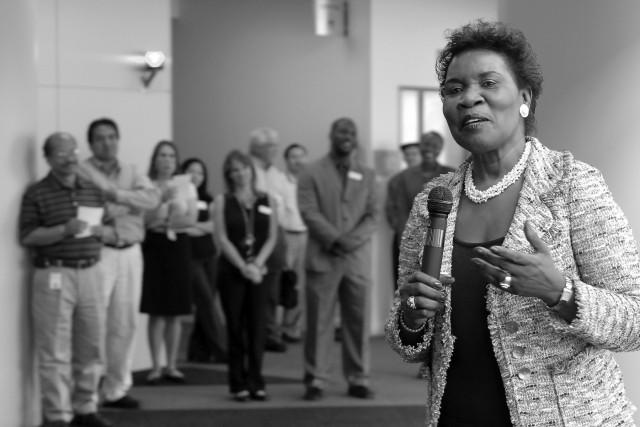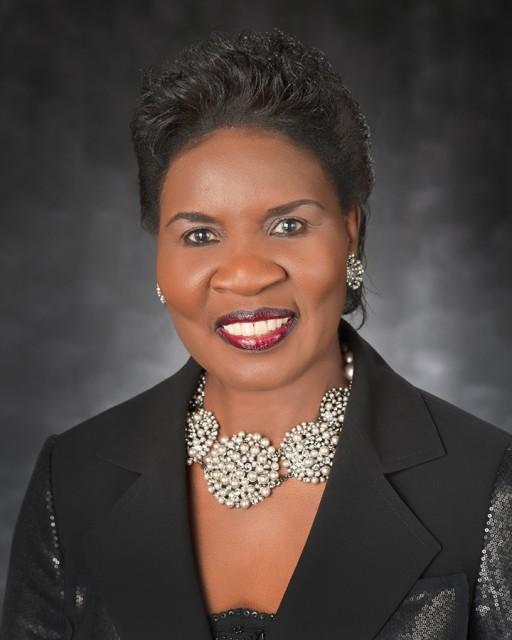By Mohamed Mansour/ reporter
A NE financial aid specialist helped students understand the credit world Sept. 23.
Joe Rodriguez presented Credit Basics: How Money Works as part of the advising and counseling center’s financial literacy workshops.
“Would you want to lend yourself money?” he asked.
Rodriguez, a former bank accountant, stressed the importance of knowing how money works.
“Lower APR [annual percentage rate] is always better,” he said.
The APR refers to how much interest a company can charge its customers when they do not pay their balances in full each month or when they take cash advances on their credit cards.
Rodriguez also explained the importance of credit scores, which is a calculation of a person’s credit health based on reports from three major credit bureaus.
“The higher the credit score, the less banks worry about you paying them back,” he said.
This results in the consumer having to pay lower interest rates for credit cards or mortgage loans, Rodriguez said.
Rodriguez also explained the different types of loans and interest rates. He said mortgage loans are usually lower than other types of loans while a fixed-rate loan offers the most security. An installment interest rate is usually lower than credit card rates while a revolving interest rate is usually greater than other types of credit. The installment interest rate has a set number of scheduled payments over time while a revolving interest rate fluctuates each month based on the person’s current cash needs, he said.
One audience member said he once took out a cash advance loan of $500 and had to pay back $1,500. Others in the room said they had no idea the interest rate was that high.
“Making payments on time to pay off your debt is crucial in having good credit score and avoiding the headache of dealing with late fees and garnished wages,” Rodriguez said.































